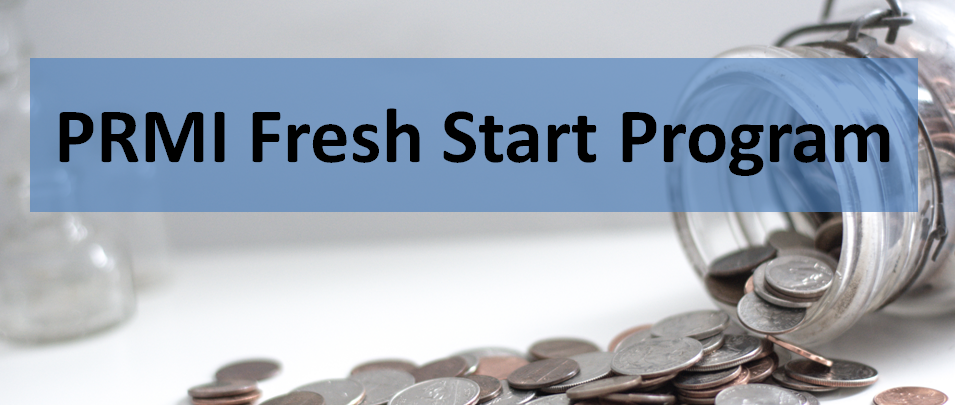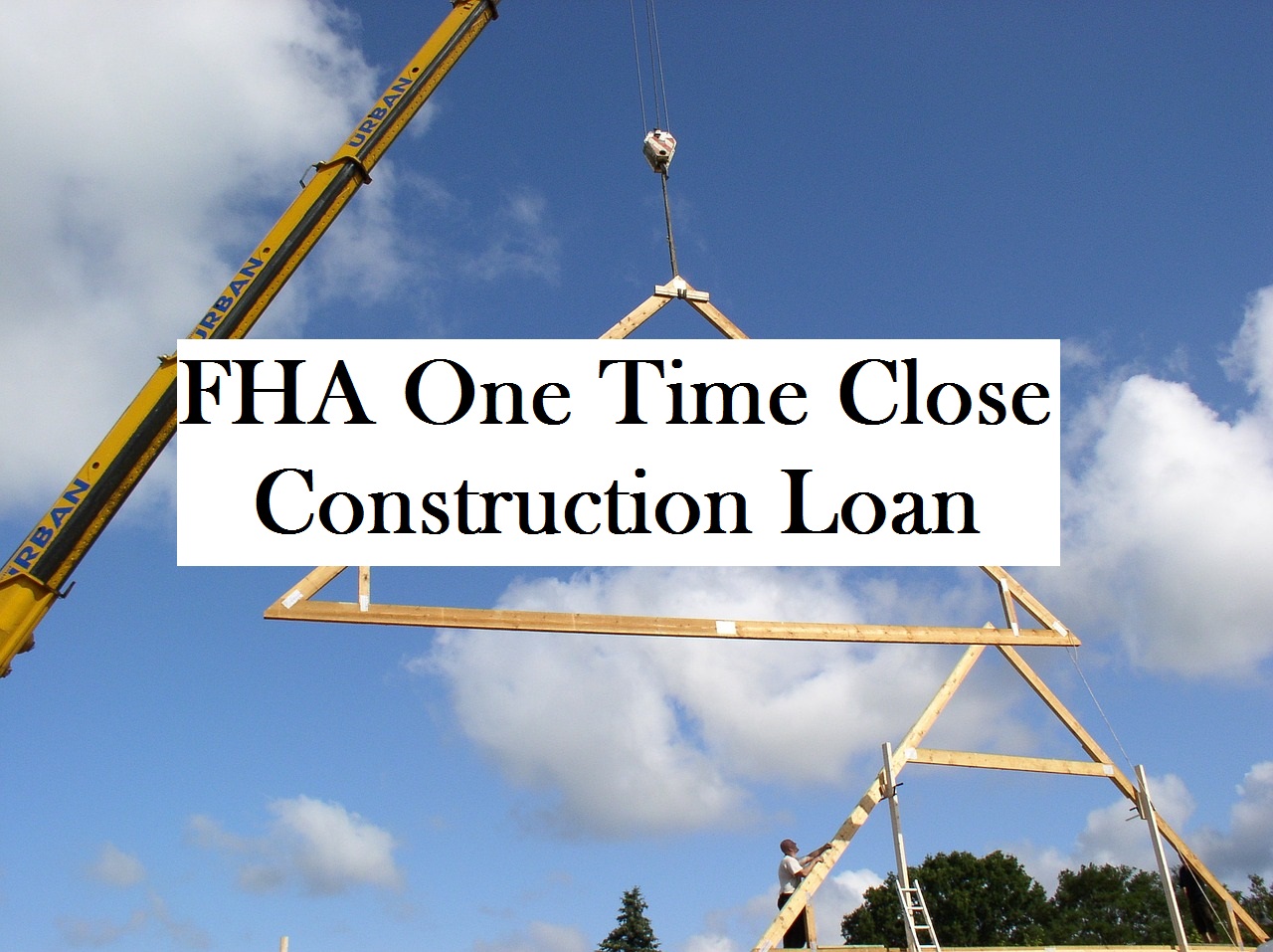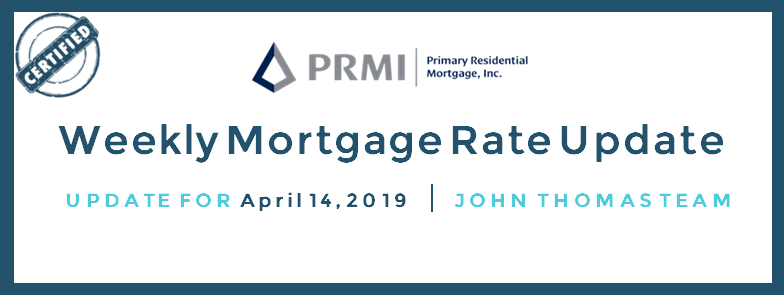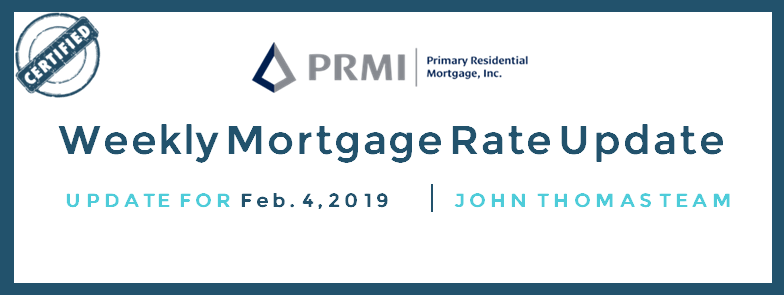Investor Cash Flow Loan Program – DSCR Loans
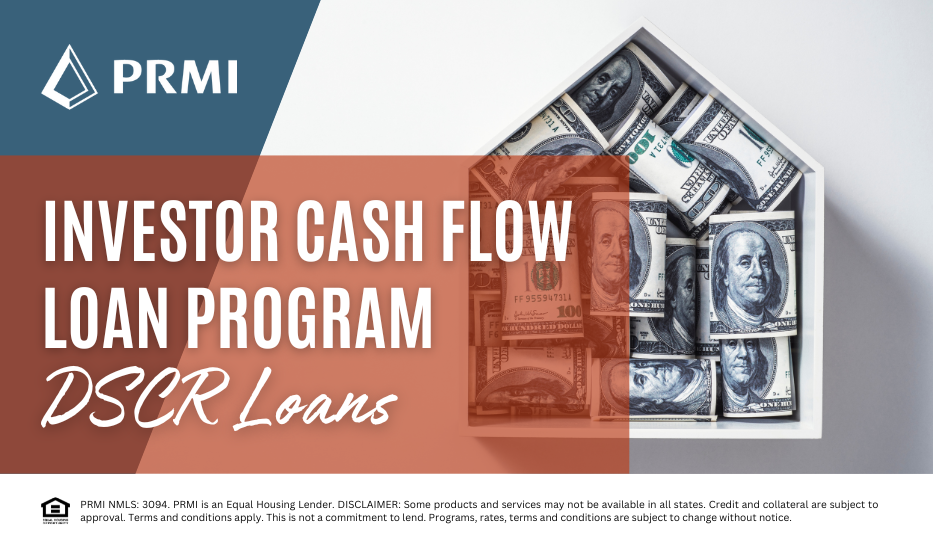
Grow Your Real Estate Investments! Take an Investor Cash Flow Loan
Are you a Real Estate investor who is hoping to maximize your earning potential but don’t want the hassle of having to document your income in order to get an Investor Mortgage Loan? Then we’re excited to present you with the DSCR Investor Cash Flow Loan Program for the purchase or refinance of an investment property without having to document your income to qualify. We will qualify you off the cash flow of the property you are buying or refinancing. Call 302-703-0727 to get started today or you can APPLY ONLINE.

